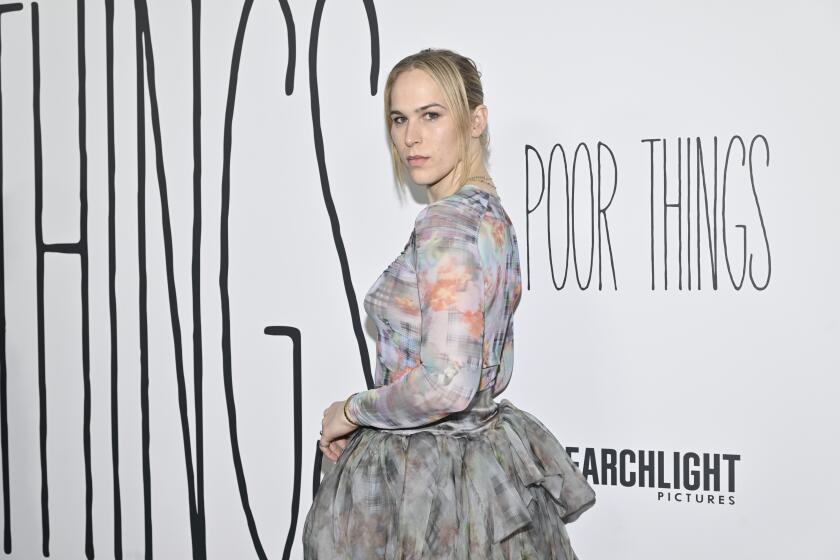Television: Public Access in the Spotlight
Regarding your article that focused on the quasi-commercial use of public access (Westside, April 21), in reference particularly to the subject of people developing shows that they hope will be picked up for sale to a larger audience, I think there is a point that was missed.
Many of the self-styled producers of public access programming are dedicated to what they consider their art form. As in any art form, there are artists of varying levels of talent, experience, notoriety and accomplishment. Unfortunately, television as a performing art is perceived by many as only having value if it makes a buck. In a world where television is big business, there is an extremely small outlet to any sizable audience. Public access channels give everyone an opportunity to have their point of view or artistic vision viewed by an audience without having to pull in a large enough viewer share to maintain a slot on commercial television.
I am a filmmaker and frequent public access producer who finds it an excellent way to distribute my artistic vision for the medium. I am a filmmaker with many network credits, but I do not want to wait around for somebody I don’t even know to decide to put the show I want to produce on the air. I created it because I want it to be seen. Would I like to get paid for it? You bet! Until I do, the audience gets to see something they would not otherwise have a chance to see. I have had calls after every one of my shows from viewers telling me that they enjoyed my show more than anything else they’ve seen on television, commercial or otherwise. That’s what makes it worthwhile to me.
If people like Art Fein and Victoria Looseleaf were only out to make big bucks on commercial television, they would have given up after a few shows. Vincent van Gogh sold only one painting in his life. If he had given up painting because nobody wanted to buy his work, the world would be less one master painter and all of his phenomenal art. While many public access shows do reflect a lack of technical expertise and the expensive production value of professional shows, these individuals have, nonetheless, made themselves into real television producers, delivering programs they hope will entertain or enlighten an audience. Public access gives every individual a broadcast voice.
As for the insinuation that the producers who make “audition tapes” are less than ethical because they would like their shows to be picked up for a paying audience: Who wouldn’t like to be paid for their work? It would be akin to faulting street musicians for wanting to get a recording contract or begrudging artists whose paintings are hanging in restaurants hoping a gallery or museum director will notice them and want to put them on a more prestigious wall.
Incidentally, in reference to the “pipe dream” of someone from a network channel surfing by and finding the next big hit show, some of my work not on the show was licensed by MTV after a producer there caught one of my public access shows. Ironically, the film that caught his eye was nixed for broadcast on MTV (as it has been by other networks) because of its controversial nature. In other words, he never would have seen it if it hadn’t been for public access. Ha! I can do something he can’t do!
CORKY QUAKENBUSH
Rancho Park
The complete guide to home viewing
Get Screen Gab for everything about the TV shows and streaming movies everyone’s talking about.
You may occasionally receive promotional content from the Los Angeles Times.



